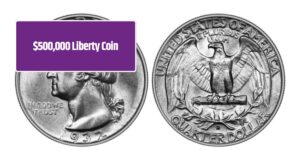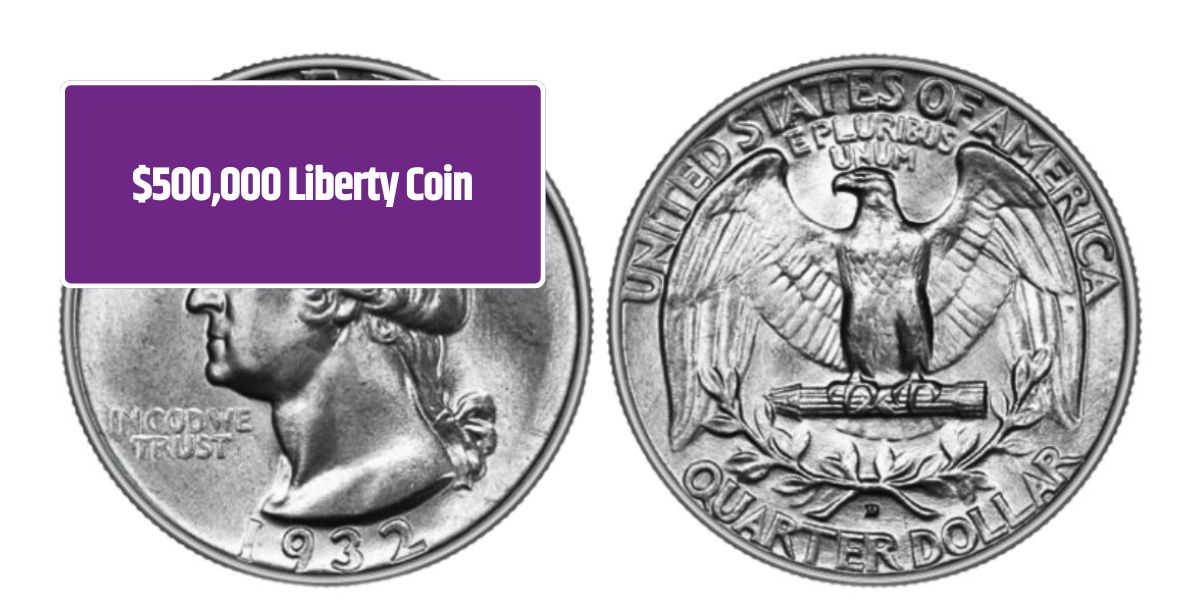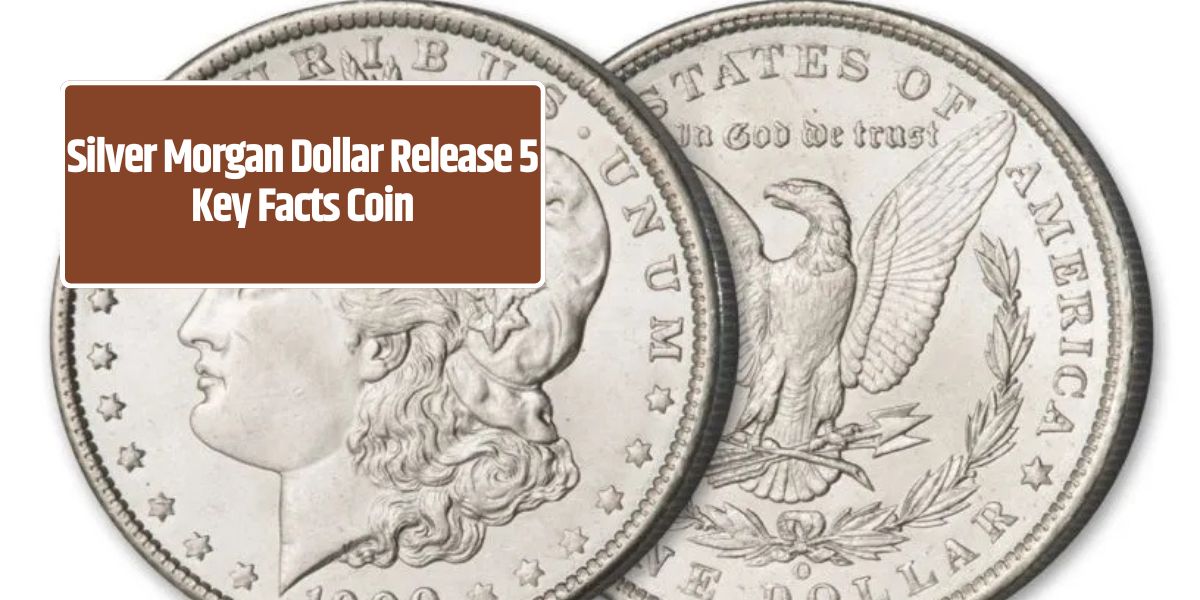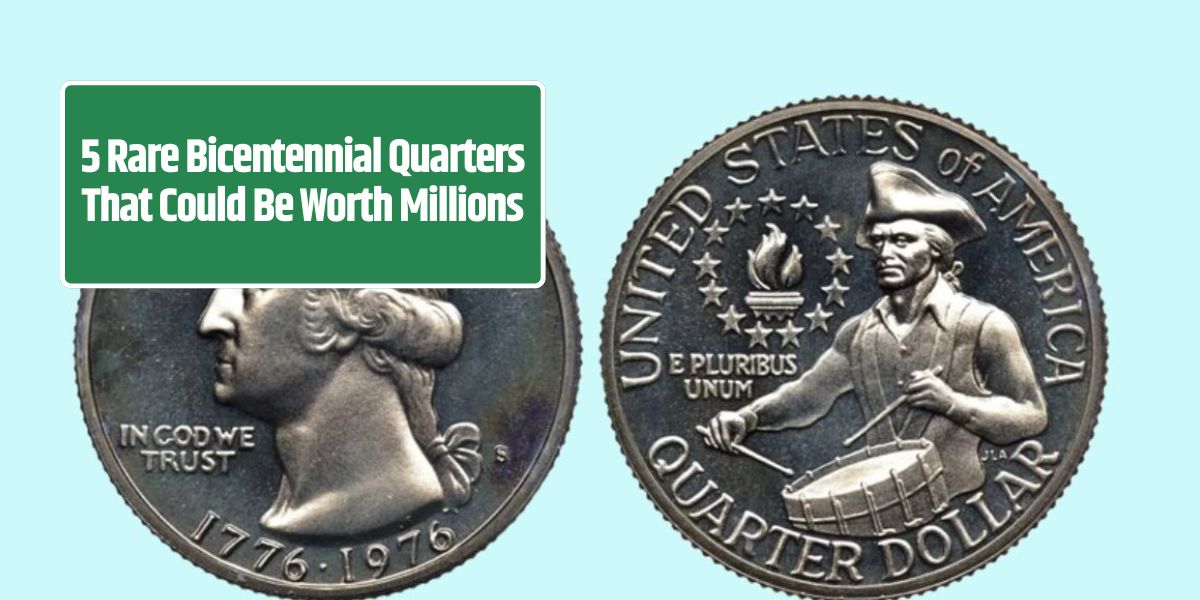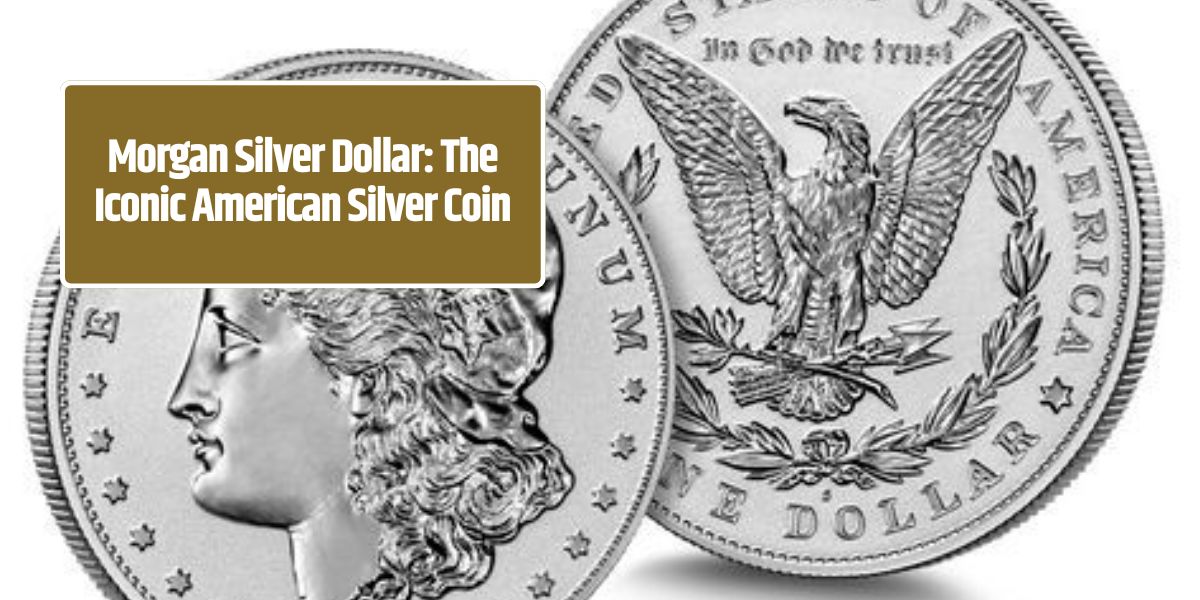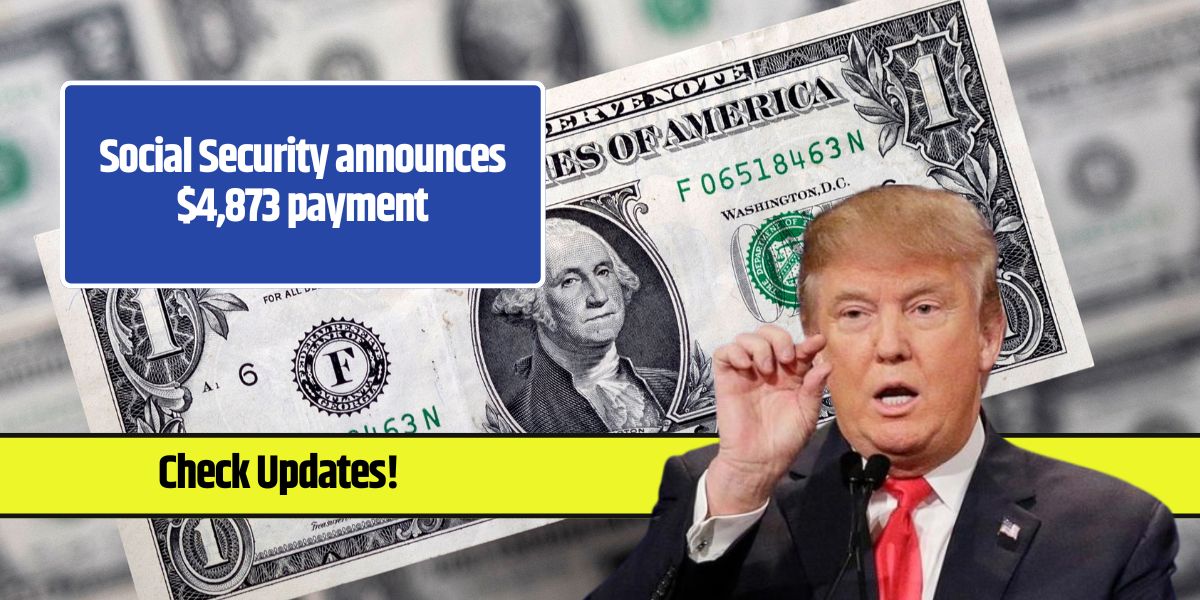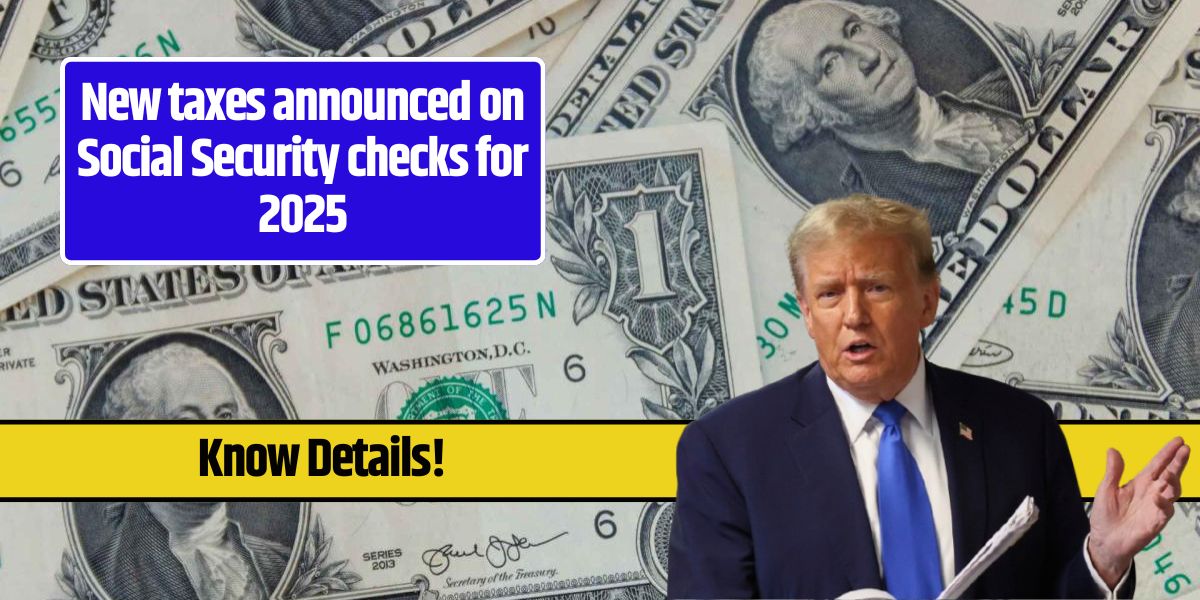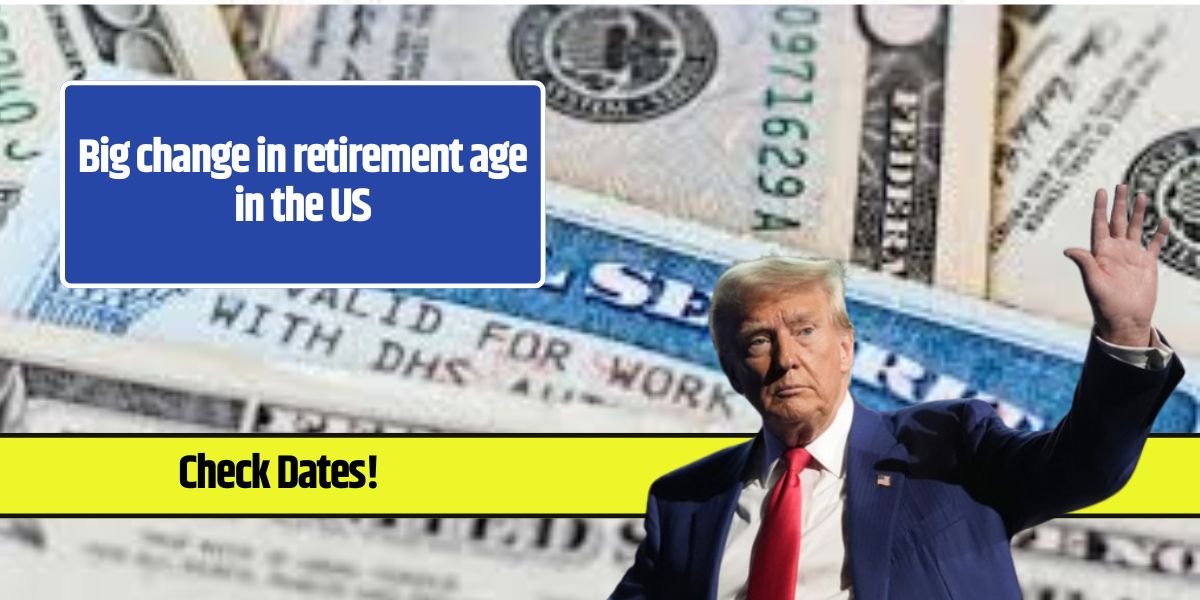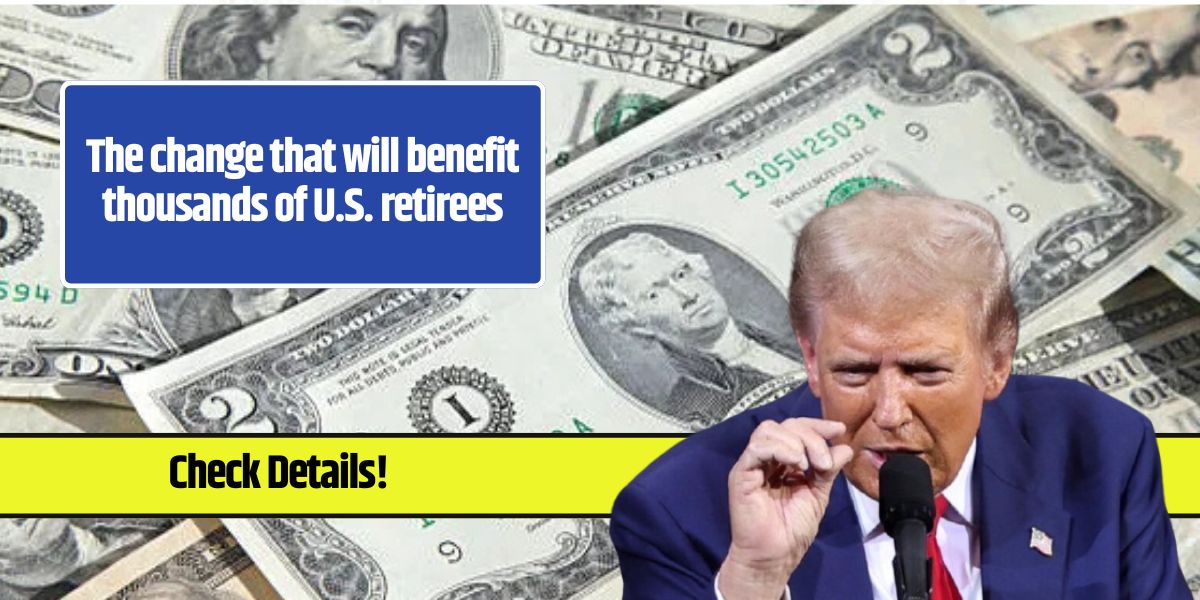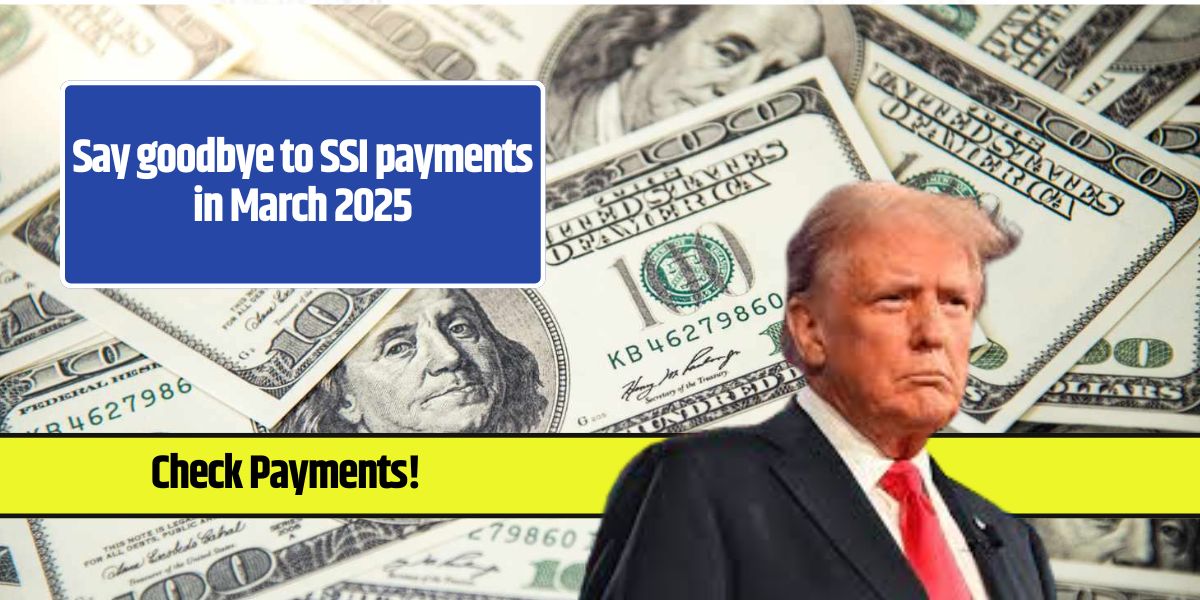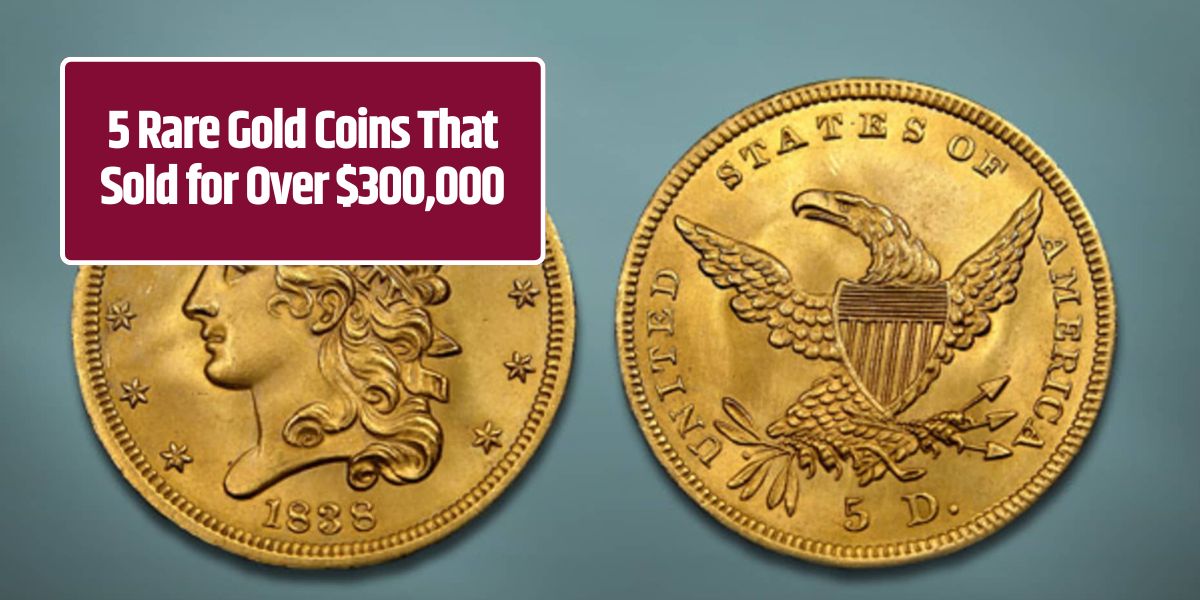In a recent settlement, the Federal Trade Commission (FTC) announced that it would send over $2.5 million to more than 51,000 Credit Karma customers. This settlement comes as part of an effort to address misleading practices related to credit card “pre-approvals” that the popular credit-monitoring app, Credit Karma, had been advertising. Many customers were falsely led to believe they were pre-approved for specific credit card offers when, in reality, they did not meet the necessary qualifications.
Credit Karma’s Misleading Claims and FTC Intervention
In 2020, the FTC launched an investigation into Credit Karma, which had recently been acquired by Intuit, over claims of deceptive advertising. According to the FTC, from February 2018 to April 2021, Credit Karma assured many users they were “pre-approved” for credit cards. However, roughly one-third of those who applied for these offers faced rejection, resulting in unnecessary credit checks that could negatively impact credit scores.
Key points of the FTC’s findings include:
- False Pre-Approval Claims: Credit Karma allegedly advertised high approval odds (up to 90%) but often led customers to denials.
- Consumer Deception: Misleading messages caused customers to waste time applying for offers they were unlikely to secure.
- Credit Score Risks: Many of these applications triggered hard inquiries on credit reports, potentially lowering credit scores.
Settlement Details and Compensation Distribution
As part of the settlement, Credit Karma agreed to cease these deceptive marketing practices and pay $3 million, with $2.5 million allocated directly to reimburse affected customers. This payout will be distributed to eligible individuals either by check or via PayPal, with customers given a choice in their preferred method of receiving the compensation.
Breakdown of the Settlement:
- Stop Deceptive Practices: Credit Karma committed to ending the misleading use of “pre-approval” claims.
- Financial Restitution: $3 million was set aside for affected customers, with a significant portion already earmarked for distribution.
- Record-Keeping Requirements: Credit Karma must maintain transparency in its promotional practices and keep relevant records to prevent similar incidents.
FTC Director of Consumer Protection, Samuel Levine, commented on the matter, reinforcing the agency’s commitment to curbing “digital dark patterns” that harm consumers and undermine fair digital commerce.
Allegations of “Dark Patterns” in Financial Services
The FTC’s findings revealed that Credit Karma allegedly used “dark patterns”—design tricks that manipulate user decisions—by embedding disclaimers in fine print and presenting “pre-approval” as more assured than it actually was. These tactics created a false sense of security for consumers, many of whom reported disappointment and frustration upon discovering they didn’t qualify for the advertised credit cards.
FTC’s investigation revealed internal training materials that reportedly showed employees how to respond to customer complaints about denied pre-approved offers, suggesting Credit Karma was aware of these concerns.
Credit Karma’s Response to FTC Allegations
In response to the FTC’s accusations, Credit Karma issued a statement clarifying that it “fundamentally disagrees” with the claims and noted that the statements in question are no longer used. Credit Karma emphasized that it acts solely as a facilitator of credit options and does not influence lending decisions. According to the company, users who apply for credit cards through Credit Karma are approved at rates higher than the national average, and the service remains committed to helping consumers find suitable financial products.
Credit Karma added that the settlement allows the company to focus on developing useful financial tools for its users. The company reassured its members that it strives to maintain transparency in its recommendations and services.
Reimbursement Details for Affected Customers
The FTC’s announcement detailed the steps for eligible customers to receive their compensation:
- Deadline for Claim Submission: Customers were required to submit valid claims for reimbursement by March 4, 2024.
- Payment Methods: Compensation will be distributed by mail or digital transfer through PayPal, depending on each customer’s selected preference.
Affected customers who chose to receive their compensation by mail will get checks delivered to their registered addresses, while those opting for a digital transfer will receive payments directly in their PayPal accounts.
Implications for Financial Services Transparency
This settlement serves as a reminder of the importance of transparency and accountability within financial services, especially given the trust consumers place in personal finance platforms. The FTC’s action against Credit Karma underscores the agency’s focus on enforcing fair practices, ensuring that consumers are given honest and accurate information.
Why did Credit Karma agree to a settlement?
Credit Karma agreed to settle with the FTC to resolve claims that it misled customers with pre-approval claims. This decision allows the company to focus on improving transparency and avoid prolonged legal action.
How many customers are receiving payouts?
The FTC announced that over 50,000 Credit Karma customers who were misled by pre-approval claims will receive compensation.
How will customers receive their payouts?
Affected customers will receive their payments by check or through PayPal, depending on their choice during the claim process.


